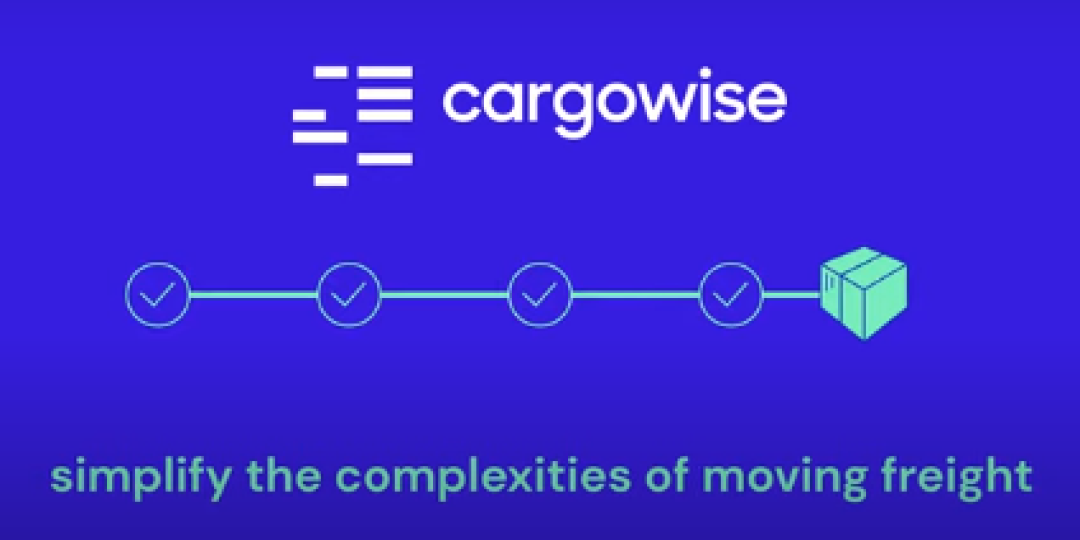Freight forwarders and shippers can now make airfreight reservations for Turkish Cargo via the cloud-based platform CargoWise.
Turkish Airlines announced that it had integrated a "direct data connection" with the WiseTech-owned cargo management system. This enhancement enables users to access real-time rates, check capacity availability, and make electronic reservations.
According to the airline, the e-reservation integration between CargoWise and Turkish Cargo’s management system, COMIS, provides instant access to air cargo rates, flight availability, and booking confirmations.
It was also highlighted that shippers would be able to select suitable flights and complete their bookings with Turkish Cargo without needing to exit the CargoWise platform.
Additionally, the airline emphasised that the API connection would help to reduce errors arising from manual data entry while making the booking process more transparent.
The integration also allows Turkish Cargo’s customers to communicate in real-time directly within CargoWise, including the ability to modify a booking up until the final execution of the Master Air Waybill.
Selçuk Gençaslan, senior vice president of cargo marketing at Turkish Airlines, stated that the airline’s extensive flight network and high capacity ensured global accessibility while maintaining cost-effective and innovative solutions. He noted that the company remained focused on offering digital solutions to its customers by adapting swiftly to the evolving industry landscape.
As a result, the airline viewed the collaboration with CargoWise as a key step in enhancing its service offerings.
Jorre Cobelens, vice president of logistics data and connectivity at WiseTech Global, explained that by establishing direct data connectivity with Turkish Cargo, the company had enabled CargoWise customers to efficiently process large volumes of unique shipments within the world’s largest air cargo network.
He pointed out that this integration improved productivity across the industry, both during and after the e-booking process, while eliminating the need for double data entry, reducing human errors, and minimising unnecessary email exchanges.













